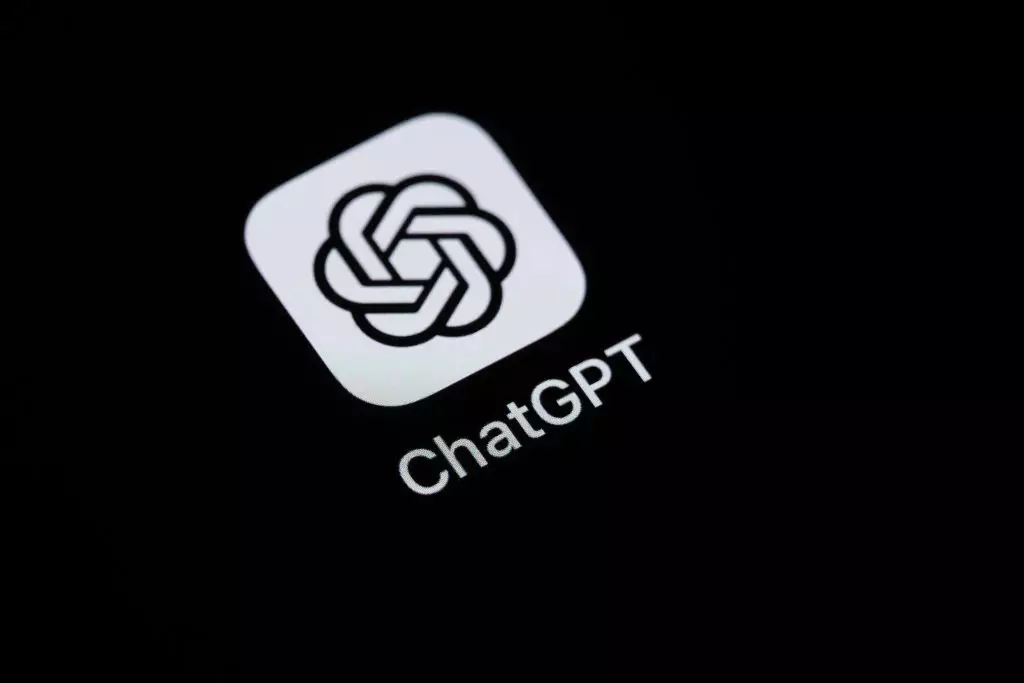The rise of ChatGPT search in Europe represents a remarkable milestone in the landscape of digital interaction. According to recent figures released by OpenAI Ireland Limited, the feature has surged to an impressive 41.3 million average monthly active users within just six months. This marks a staggering increase from 11.2 million in the previous period, showcasing an explosive growth trajectory that many in the tech industry did not anticipate. This substantial uptick in user engagement not only reflects the growing appetite for advanced AI tools but also signals a shift in consumer behavior towards adopting more interactive, AI-driven platforms.
Navigating Regulatory Waters
OpenAI’s compliance with the EU’s Digital Services Act (DSA) is another critical aspect of this evolving narrative. The DSA imposes strict regulations designed to ensure online safety and user transparency, requiring platforms like ChatGPT to report user engagement statistics. Engaging with these regulatory frameworks is not merely a matter of legal obligation; it’s also a strategic move to foster user trust. As artificial intelligence continues to permeate more facets of daily life, the necessity for clear guidelines governing its use becomes paramount.
The DSA defines active users as those who show measurable engagement—whether through direct interaction or information consumption. Thus, OpenAI’s regular updates are not just bureaucratic nods but essential features that could dictate the platform’s future trajectory. Non-compliance could lead to severe financial repercussions, emphasizing how businesses must adapt swiftly to existing legal landscapes.
The Competitive Edge
The rise of ChatGPT search is not solely about numbers. It’s about redefining the competitive landscape. Against a backdrop of established giants like Google, ChatGPT has managed to carve out a niche for itself. While still operating well below Google’s astronomical scale—handling 373 times more searches—the appeal of ChatGPT lies in its distinctive user experience. In a recent survey, 8% of respondents expressed a preference for ChatGPT over Google as their primary search engine. This suggests that, for a minority, the innovative features of AI-driven search are becoming increasingly attractive.
However, it’s essential to recognize that, despite its advantages, ChatGPT search still grapples with issues of reliability when compared to traditional search engines. Users have reported varying levels of accuracy depending on their specific queries. This raises a critical question: As AI technologies advance, will they consistently enhance their reliability, or will they remain supplementary tools rather than outright replacements?
The Promise of External Validation
Furthermore, the potential implementation of external auditing and user profiling, as articulated in the DSA, could change the way ChatGPT search operates. If the growth continues, meeting these requirements will not only be necessary but could also serve as a testament to the platform’s credibility. Being subjected to external validation can drive improvements and innovations in AI search algorithms, cultivating a more resilient digital ecosystem.
As we look towards the future, the combination of user demand for advanced AI technologies and regulatory requirements can usher in a new era of digital innovation. ChatGPT’s rapid rise is merely the beginning; with transformative technology at the forefront, the future promises increased competition, improved services, and empowered users navigating a more interactive digital landscape.

